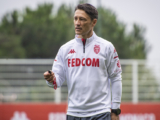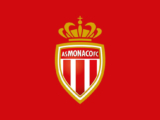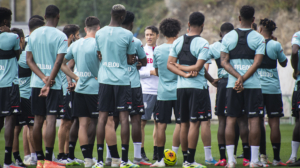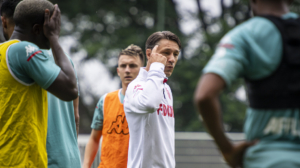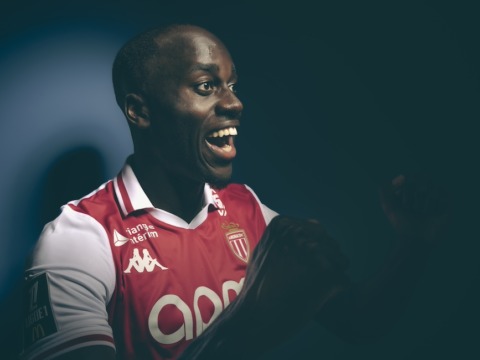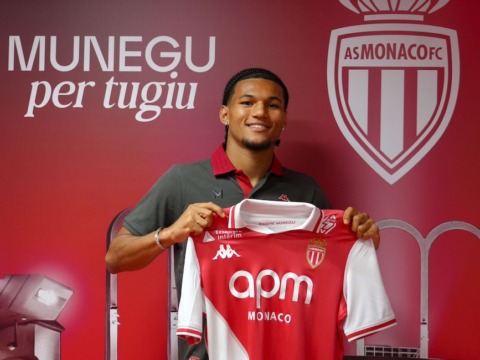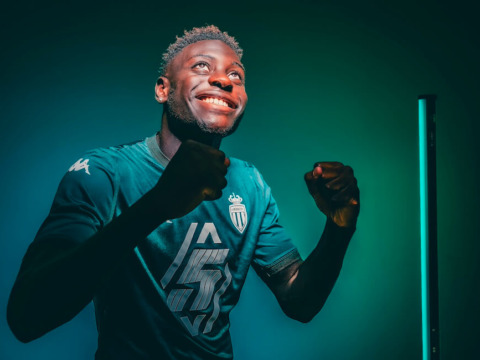Niko Kovac, or the pursuit of performance
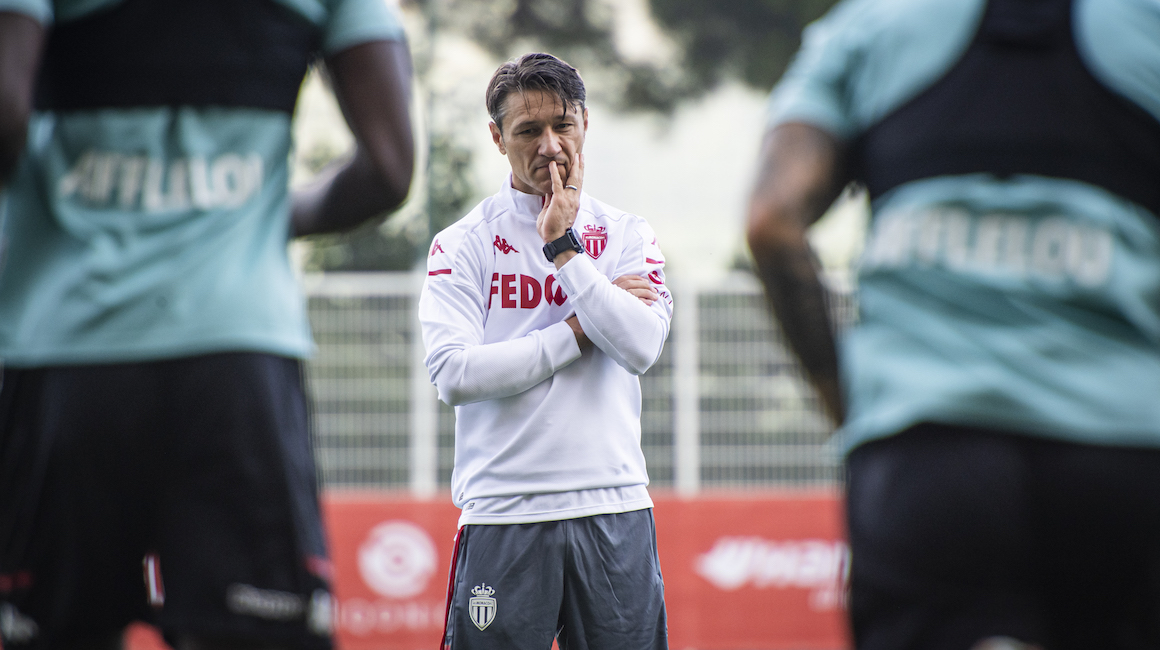
There are players who shine less for their virtuosity with the ball than for their playing intelligence and their importance to a collective in the locker room. Likewise, there are coaches, who don’t need to spend hours writing, to find an immeasurable source of motivation with their players.
As essential as he was in midfield in covering the miles, recovering the balls and breathing new life into his team, Niko Kovac became who he is in the privacy of the locker room, learning to build a team, a squad. This is why Paul Mitchell, the Sporting Director of AS Monaco, who arrived at the Rock on June 17, sought out the former Croatian international (83 caps, 15 goals).
Trained in the German school
Hertha Berlin, Bayer Leverkusen, Hamburg, Bayern Munich… Niko Kovac was brought up on the German ideal of rigor as a player, one that allowed him to make a name for himself in the Bundesliga, before finishing his career in Austria, at Red Bull Salzburg , with nearly 500 professional matches played. This has also allowed him to be a part of his national team, playing in two World Cups (2002/2006) and two European Championships (2004/2008).
The mind, the sense of collective play, the rigor. All the boxes were finally ticked for the former player to turn into a manager. That’s what Niko Kovac began to do, starting by taking over the management of his country’s U21 team (2013), before quickly taking the helm of Croatia, after 5 straight wins with the youngsters.
He inherited the top job for a nation that qualified for the European play-offs qualifying for the 2014 World Cup in Brazil, from which he would emerge victorious against Iceland. Drawn into a group with the host country, who were playing well, he would be eliminated in the first round, but it was a tournament that was nevertheless crowned with a resounding victory over the Cameroon of Volker Finke (4-0), an old acquaintance from the German league. He still had the time to develop young Croatian talents such as Marcelo Brozovic (Inter Milan), Mateo Kovacic (Chelsea) and even Sime Vrsaljko (Inter Milan) in the coach’s role.
The driving force behind a renaissance at Frankfurt
On the heels of his national team experience, the West Berlin native accepted a tough challenge in joining Eintracht Frankfurt in March 2016, as the club was struggling not to be relegated. He would meet the challenge perfectly by winning the relegation play-off against Nuremberg (1-0). The following season, Niko Kovac grabbed an honorable 11th place in the Bundesliga, with a team he was rebuilding step by step, already joined by his younger brother, Robert.
He relied on players of talent and character like Ante Rebic (Croatian international, currently at AC Milan) and Haris Seferovic (Swiss international, SL Benfica player), to whom he passed on his top level experience. As a result, Frankfurt advanced to the German Cup final, narrowly losing to Borussia Dortmund (2-1).
It was only a postponement, however, as the team continued gaining momentum again the following season (2017-18). With targeted and intelligent recruitment (Rebic, Gelson Fernandes, Jovic, Haller, Willems, Boateng, Falette), Kovac was impressing at club level, finishing in 8th place in the league, as well as winning his first German Cup title, against the great Bayern Munich (3-1), with the reward a place in the Europa League for the club on the banks of the Main.
A very high level experience at Bayern
It didn’t take more than that for the young manager to catch the eye of the Bavarian club. Niko Kovac thus accepted the heavy burden in taking over from a legend of the club, Jupp Heynckes, European champion in 2013, on July 1, 2018. Under the sporting direction of his former teammate in Bavaria, Hasan Salihamidzic, he contributed to attracting promising players like Alphonso Davies, Leon Goretzka and even Serge Gnabry, now starters for the eight-time German champion.
The recipe worked immediately, and the former Bayern midfielder pulled the team towards an impressive treble of the Bundesliga – German Cup and German Supercup in 2019, in his first season on the bench for the five-time winner of the Champions League. It was a heavy responsibility that he would carry for a few more months, the time to bring in two world champions in Lucas Hernandez and Benjamin Pavard, as well as Philippe Coutinho and his compatriot Ivan Perisic.
From now on, his future is taking shape on the shores of the Mediterranean, at the foot of the Rock, in a major new challenge: to allow AS Monaco to once again compete at the top in Ligue 1 and soon as well to be back to enjoying European evenings, which have defined the history of the Principality club for thirty years. He is following in the footsteps of his compatriots Dado Prso and Danijel Subasic, in short.
The club wishes him in any case the greatest success on the bench of the Red and Whites. Dobrodosli Niko !
Welcome to Monaco 🇲🇨 Niko Kovac! #Restart pic.twitter.com/Sp64jgBw4T
— AS Monaco 🇲🇨 (@AS_Monaco) July 20, 2020
Rewatch Niko Kovac’s press conference with Oleg Petrov and Paul Mitchell, on our Facebook page
